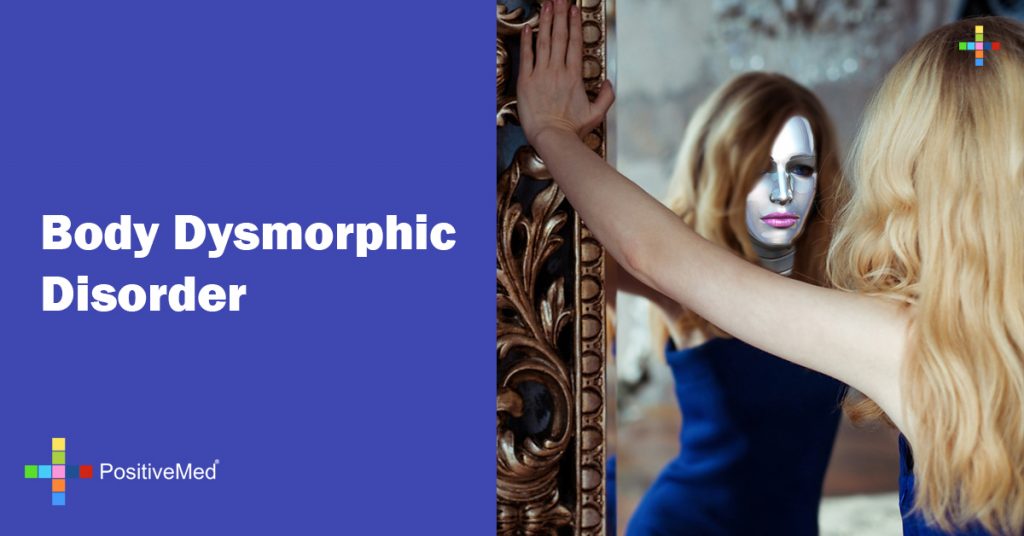
Body Dysmorphic Disorder
Many believe body image is a female obsession, but research reveals many men are just as concerned with their physical appearance. They found the problems that caused more dissatisfaction were their beer belly and lack of musculature, 60% of respondents said their arms, chest, and stomach are not sufficiently muscled.
This desire for more muscle mass may explain why one in five men questioned was following a diet rich in protein, and one in three used protein supplements. This article will review a 21st century psychological condition: Body Dysmorphic Disorder(BDD).

This is an obsessive/compulsive disorder in which a person exaggerates their physical imperfections creating a false body image, these imperfections can be real or imaginary, leading to excess unusual concern. Many of us spend time looking in the mirror thinking about physical concerns like weight gain, weight loss, dark circles, bags, or pimples, but a person with BDD is more ashamed of these things, and can lead to depression and anxiety, and constantly trying to hide the anguish of their physical defects, it can also trigger eating disorders. BDD is usually chronic and symptoms tend to persist or worsen over time if left untreated.
Those affected by BDD may suffer for many years before deciding to seek psychological or psychiatric help. BDD may be associated with eating disorders such as compulsive eater syndrome, anorexia nervosa, or bulimia, or may be related to social phobias or anxiety disorders.
Symptoms of Body Dysmorphic Disorder:
Obsession with cosmetic surgery, often not satisfied with changes so they want more unnecessary surgery
Compulsive checking in mirrors, windows, doors, or any other reflective surface
Excessively strict diet and exercise aimed at changing their outward appearance
Continuous comparison of their appearance compared to others; obsession with celebrities or models
In extreme cases people have attempted to perform plastic surgery on themselves, including liposuction and various implants with disastrous results
Excessive use of enemas or laxatives for weight loss
Compulsive search for information: reading books , newspaper articles , encyclopedias, magazines and web sites related to perceived flaws Some tips in how to overcome BDD
Learning confidence and self-esteem is not an easy task, but can be achieved step-by-step. Our primary responsibility is to ourselves, to remove the labels we believe are there.
To do this we suggest these tips:
Stop focusing on what you don’t like, take pen and paper and give an overview of your strengths and skills, repeat them to yourself every time your obsessions threaten your well being, it’s about being positive!
Do not seek “perfection.” Perfection is imaginary and abstract.
Cultivate your personality by making an effort to be nice to others, original, creative, funny, and charming, not being a mannequin.
Give value to everything you’ve achieved in life, take care of your family and friends, enjoy what you do and your professional success, try to make your life a little easier.
Stop comparing yourself to others, compare yourself to your past goals and see how far you have come.
Take care of yourself physically: Participate in a sport, eat well, get enough rest. Good health is more than what you can see.
Accept the disorder and seek professional help right away.
Body Dysmorphic Disorder
By Andres Carvajal
Edited By Stephanie Dawson
Sources:
Olivardia, Roberto. Harvard Review of Psychiatry (Taylor & Francis Ltd).Oct2001, Vol. 9 Issue 5, p254. 6p. Hawaleshka, D. (2005). I HATE MY FAT LEGS. Maclean’s, 118(51), 48.
Bower, B. (1995). Deceptive appearances. Science News, 148(3), 40.





